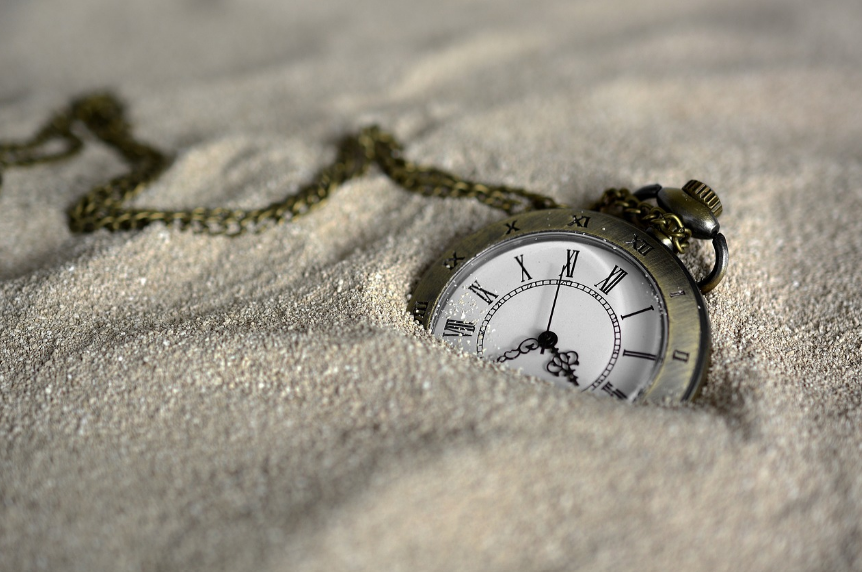King 567, Betbhai247, Apbook247: Time perception refers to the way individuals experience and interpret the passage of time. It is the subjective understanding of time intervals, duration, and the sequence of events. Our perception of time can vary between individuals based on internal factors such as attention, memory, and emotions, as well as external factors like the environment and cultural influences.
The concept of time perception is complex and multi-faceted, as it involves both cognitive and psychological processes. Time perception plays a crucial role in our daily lives, influencing decision-making, behavior, and overall well-being. Studying how individuals perceive and interpret time can provide insights into various cognitive biases and mental processes that shape our experiences and understanding of the world around us.
� Time perception is the subjective understanding of time intervals, duration, and sequence of events
� Factors influencing time perception include attention, memory, emotions, environment, and cultural influences
� Time perception involves cognitive and psychological processes
� It plays a crucial role in decision-making, behavior, and overall well-being
� Studying time perception can provide insights into cognitive biases and mental processes shaping our experiences
Factors Affecting Time Perception
Our perception of time is greatly influenced by various factors that can alter our sense of how quickly or slowly time passes. One key factor affecting time perception is age. Research indicates that younger individuals often perceive time to pass more slowly compared to older individuals. This difference in time perception can be attributed to the amount of novel experiences that younger individuals encounter, leading to a more engaged perception of time.
Moreover, emotions play a significant role in shaping our perception of time. When individuals are experiencing positive emotions, time is perceived to pass quickly, whereas during negative emotions, time may seem to drag on. This emotional influence on time perception can be related to the attentional focus brought about by different emotional states, impacting how events are processed and remembered in relation to time.
Cognitive Biases in Time Perception
Apbook365, Apbook Login, Goexch777: Among the various cognitive biases that influence our perception of time, one of the most common is the “time-saving bias.” This bias refers to our tendency to underestimate the amount of time a task or project will take, leading us to believe we can accomplish more in a certain timeframe than is realistically possible. As a result, we often overcommit ourselves and end up feeling overwhelmed when we realize we have underestimated the time required.
Another prevalent cognitive bias in time perception is the “duration neglect.” This bias occurs when we focus more on the outcome or result of an experience rather than the actual duration of time it took to achieve it. For example, we may remember a pleasant vacation as being short-lived because we are more focused on the enjoyable memories created during that time, rather than the duration of the vacation itself. This bias can lead to inaccuracies in our perception of how long events actually lasted.
What is time perception?
Time perception refers to the subjective sense of the passage of time, including how we perceive the duration of events and intervals.
What are some factors that can affect time perception?
Factors such as attention, emotion, arousal level, novelty, and cultural background can all influence how we perceive the passage of time.
What are cognitive biases in time perception?
Cognitive biases in time perception refer to the systematic errors in judgment that occur when we estimate the duration of events or intervals. These biases can lead us to perceive time as passing faster or slower than it actually is.
How do cognitive biases in time perception affect our daily lives?
Cognitive biases in time perception can impact our decision-making, planning, and memory. For example, the hindsight bias can lead us to believe that we knew how long an event would last after it has already occurred, while the peak-end rule can influence how we remember the duration of past events.

